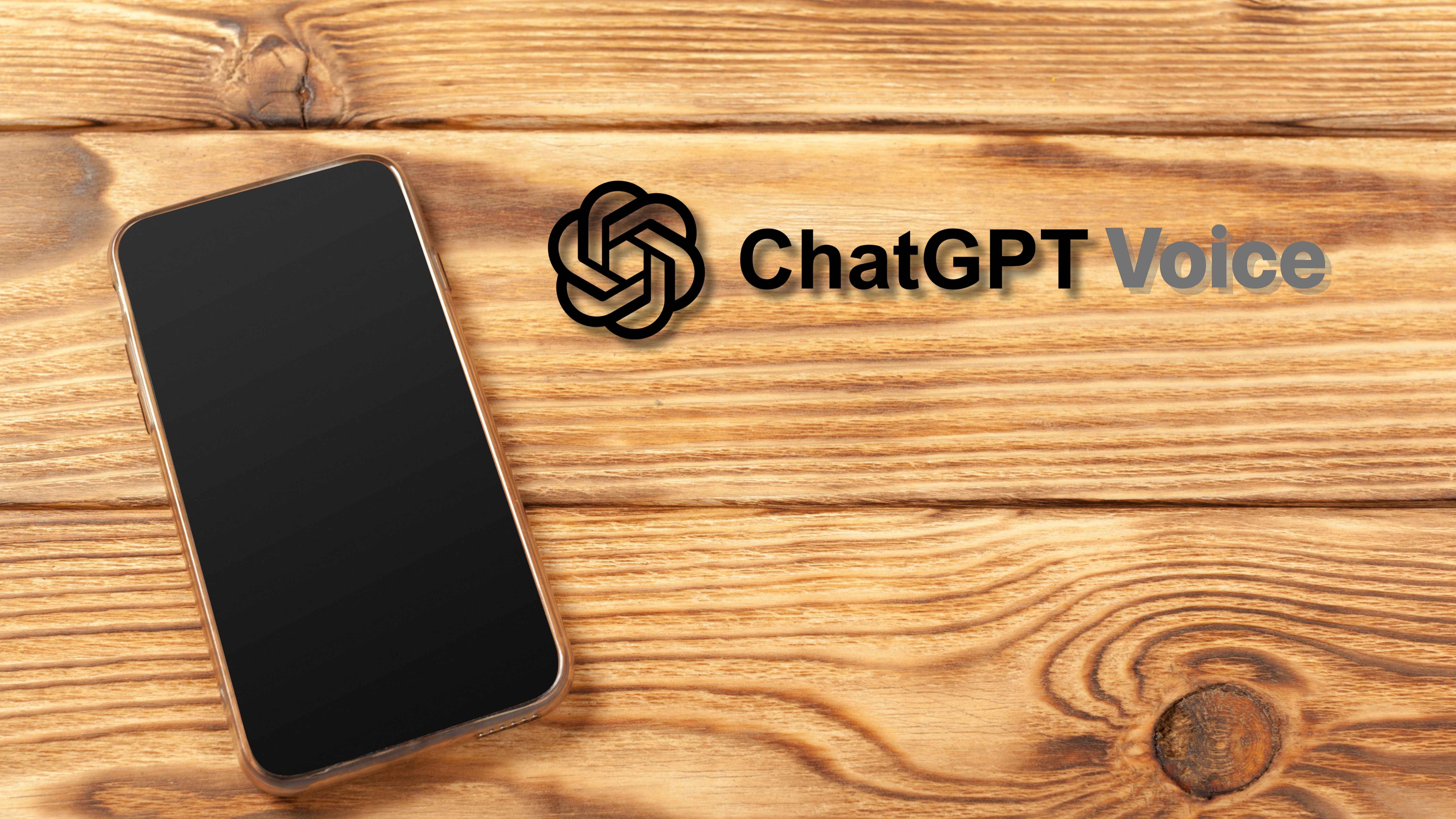Researchers have developed an AI model capable of detecting chronic stress by examining routine chest CT scans, offering a new way to identify long-term physiological strain that is often difficult to measure.
The system calculates adrenal gland volume, providing clinicians with a clearer understanding of how prolonged stress may affect key hormone-producing organs.
The study examined nearly 3,000 patients and compared their adrenal measurements with cortisol levels, stress questionnaires and markers such as blood pressure and body mass index.
Findings showed that patients with higher reported stress consistently had enlarged adrenal glands and exhibited greater risks of conditions, including heart failure.
Scientists say the new approach provides an objective, scalable tool that uses medical imaging already standard in hospitals, reducing the need for costly or cumbersome testing.
The research team believes the model could help identify a wide range of stress-linked diseases in older adults and ultimately support earlier, more targeted interventions.
Would you like to learn more about AI, tech, and digital diplomacy? If so, ask our Diplo chatbot!









